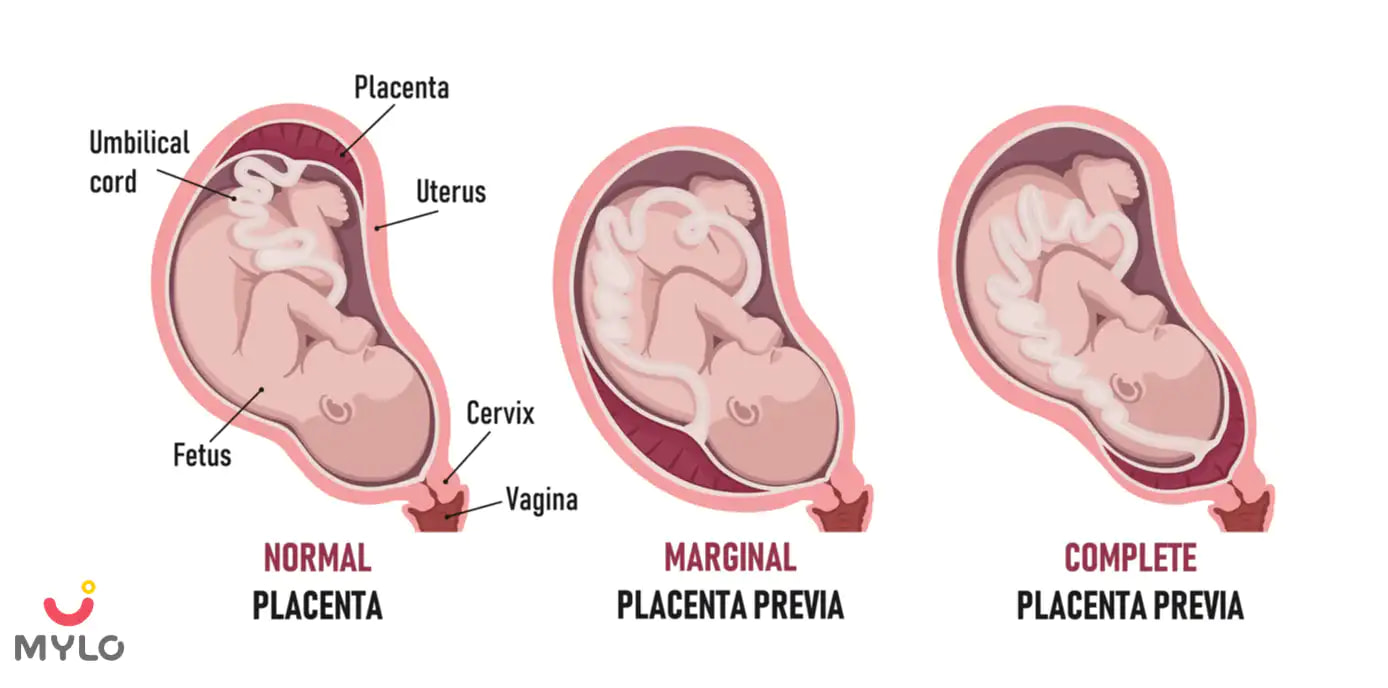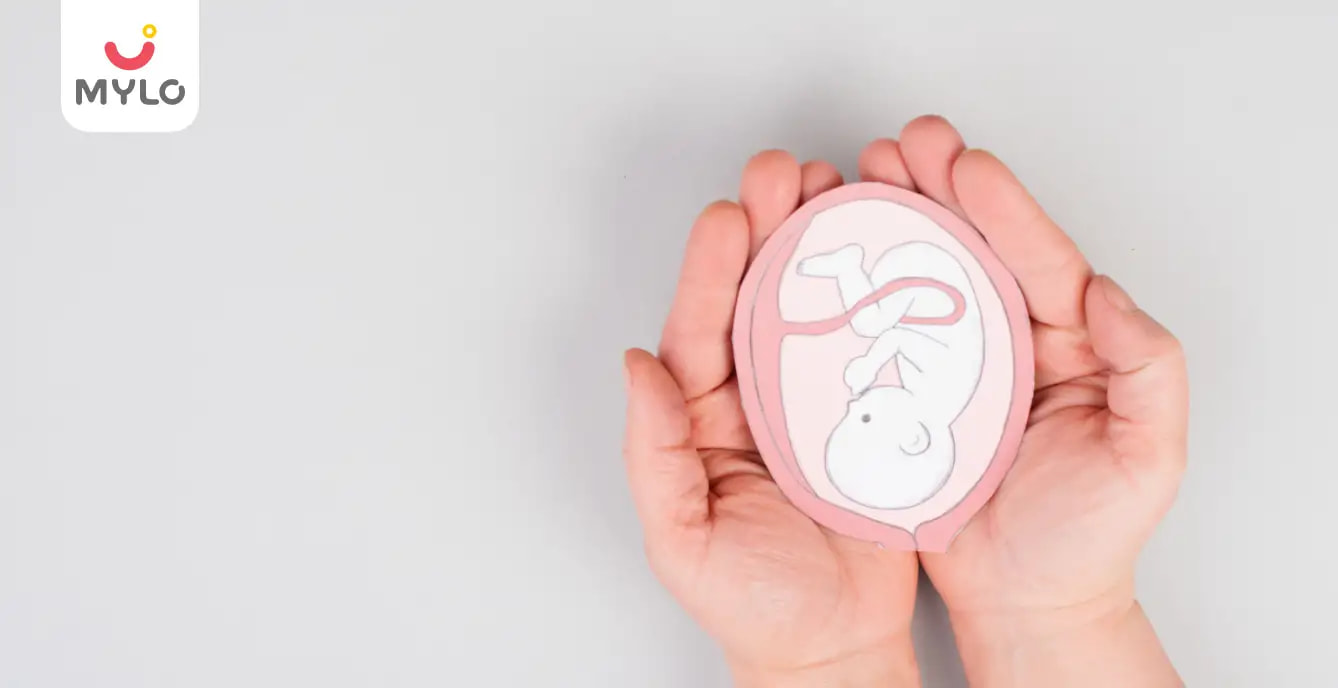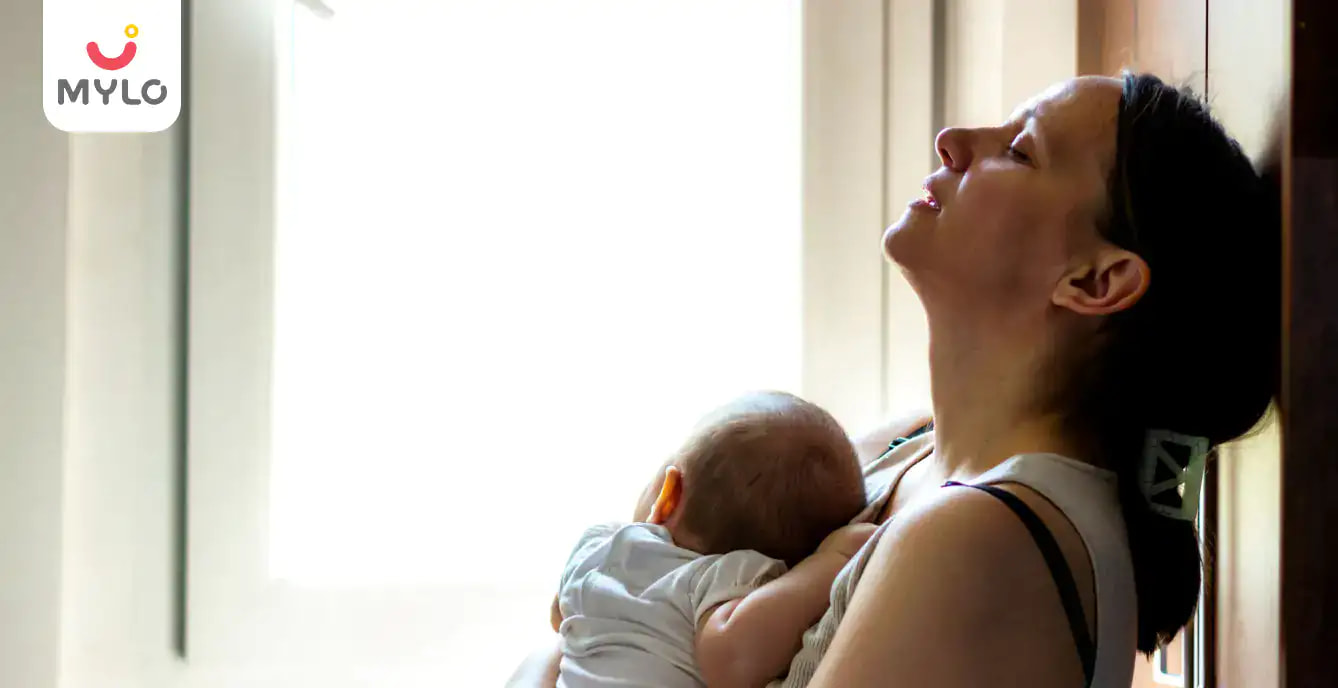Home

Placenta Abruption: Causes, Symptoms and Treatment
In this Article
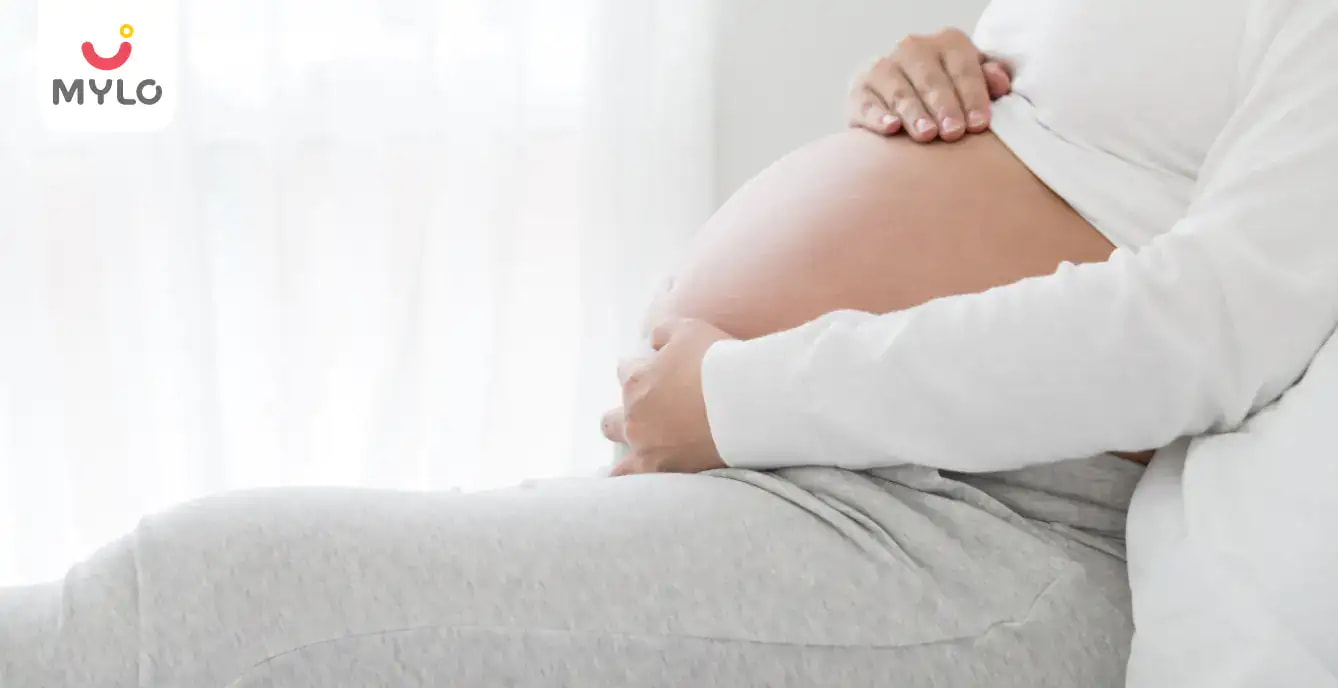
Pregnancy
Placenta Abruption: Causes, Symptoms and Treatment
Updated on 28 February 2023
Placenta abruption is a serious pregnancy complication that can cause severe bleeding and can put the life of the unborn baby and the mother in danger. It occurs when the placenta separates from the uterine wall before childbirth.
In this article, we will look at the placenta abruption causes, symptoms, diagnosis, and treatment of placenta abruption as well as some of the possible complications and outcomes that can arise from it.
What is Placenta Abruption?
The placenta is a vital organ that connects the mother and baby during pregnancy. It supplies the baby with oxygen, nutrients, and other essential hormones. When the placenta detaches from the uterine wall, it can cause severe bleeding, which can lead to a variety of complications.
It is estimated that placenta abruption occurs in about one in every 150 pregnancies, although it is more common in women who have had multiple pregnancies or who have certain medical conditions. It is important to be aware of the symptoms of placenta abruption so that you can seek medical attention as soon as possible.
Symptoms of Placenta Abruption
If you are pregnant and experience any of the following symptoms, it is important to seek medical attention immediately:
- Abdominal or back pain
- Contractions
- Vaginal bleeding
- Decreased fetal movement
- Abnormal fetal heart rate
- Uterine tenderness
- Shock or dizziness
If you experience any of these symptoms, it is important to seek medical attention as soon as possible as this could be a sign of placenta abruption.
Causes of Placenta Abruption
The exact placenta abruption causes are not fully understood, but it is believed that certain factors can increase the risk of the condition. These factors include:
- High blood pressure during pregnancy
- Smoking
- Drug or alcohol use
- Previous placenta abruption
- Multiple pregnancies
- Advanced age of the mother
- Abdominal trauma or injury
- Uterine fibroids
- Severe vomiting
It is important to note that some of these risk factors may be out of your control, such as advanced age or previous placenta abruption. However, you can take steps to reduce your risk, such as avoiding smoking and drug or alcohol use.
Types of Placenta Abruption
Placenta abruption can be classified into three different categories: partial, complete, and marginal.
1. Partial placenta abruption
Partial placenta abruption is the most common type of abruption and occurs when only part of the placenta separates from the uterine wall. This can cause mild or moderate bleeding, and the baby may not be affected.
2. Complete placenta abruption
Complete placenta abruption is more serious and occurs when the entire placenta separates from the uterine wall. This can cause severe bleeding and can put the baby’s life at risk.
3. Marginal placenta abruption
Marginal placenta abruption is the least common type of abruption and occurs when the placenta partially separates from the uterine wall but does not completely detach. This can cause mild or moderate bleeding, but the baby is usually not affected.
Diagnosing Placenta Abruption
If your doctor suspects that you may have placenta abruption, they will perform a physical examination and may order additional tests, such as:
1. Ultrasound
An ultrasound is a safe and non-invasive test that can be used to detect placenta abruption. It is often used to diagnose the condition and to monitor the baby’s health.
2. Fetal monitoring
Your doctor may monitor the baby’s heart rate and movements to check if there are any signs of distress.
3. Blood tests
Blood tests can be used to measure the levels of hemoglobin and hematocrit, which can help to determine if you are losing blood.
4. Urine tests
Urine tests can be used to check for the presence of protein or other substances that may indicate placental abruption.
Placenta Abruption Treatment
The treatment for placenta abruption will depend on the severity of the condition. In some cases, the doctor may recommend bed rest and monitoring. In more severe cases, the doctor may recommend a Cesarean section (C-section) delivery to ensure the safety of the baby.
If the mother is bleeding heavily, the doctor may recommend a blood transfusion or other medications to help reduce the bleeding. In some cases, the placenta may need to be surgically removed if it is blocking the baby’s birth canal.
Placenta Abruption Prevention
Unfortunately, there is no surefire way to prevent placenta abruption. However, there are some steps you can take to reduce your risk. These include:
1. Managing chronic health conditions
If you have high blood pressure or diabetes, it is important to closely manage your condition to reduce your risk of placenta abruption.
2. Eating a balanced diet
Eating a healthy, balanced diet can help to ensure that you are getting all of the essential vitamins and minerals that you need during pregnancy.
3. Avoiding smoking and alcohol
Smoking and drinking alcohol can increase your risk of placenta abruption, so it is best to avoid these substances during pregnancy.
4. Getting regular prenatal care
Regular prenatal care can help to detect any potential problems early and ensure that you and your baby are healthy.
Placenta Abruption and Pregnancy Outcomes
Placenta abruption can have serious consequences for both the mother and the baby. In some cases, the baby may be born prematurely or with low birth weight. In more severe cases, the baby may be stillborn. The mother may experience severe bleeding and other complications, such as infection or shock.
It is important to note that placenta abruption can be treated, and most women and babies will make a full recovery. However, it is important to be aware of the potential risks and to seek medical attention as soon as possible if you experience any of the symptoms.
Placenta Abruption Complications
In some cases, placenta abruption can lead to complications for both the mother and the baby. These complications can include:
1. Severe bleeding and hemorrhage
Placenta abruption can cause severe bleeding, which can put the mother and the baby at risk.
2. Preterm birth
Placenta abruption can cause preterm labor, which can lead to a premature baby.
3. Fetal distress
Placenta abruption can cause the baby to be deprived of oxygen, which can lead to fetal distress.
4. Placental insufficiency
Placenta abruption can cause the placenta to not function properly, which can lead to placental insufficiency.
5. Infection
Placenta abruption can cause the mother to develop an infection, which can lead to further complications.
Conclusion
Placenta abruption is a serious pregnancy complication that can cause severe bleeding and can put the life of the unborn baby and the mother in danger. If you are pregnant and experience any of the symptoms of placenta abruption, it is important to seek medical attention as soon as possible. With proper treatment, most women and babies make a full recovery.



Written by
Ravish Goyal
Official account of Mylo Editor
Read MoreGet baby's diet chart, and growth tips

Related Articles
Related Topics
RECENTLY PUBLISHED ARTICLES
our most recent articles

Festivals & Celebrations
8 Holi Dishes That Will Add Flavour to Your Holi Party

Your Guide to Vitamin C: Benefits, Daily Requirements & Sources
Diet & Nutrition
Foods to Eat & Avoid During the 8th Month of Pregnancy
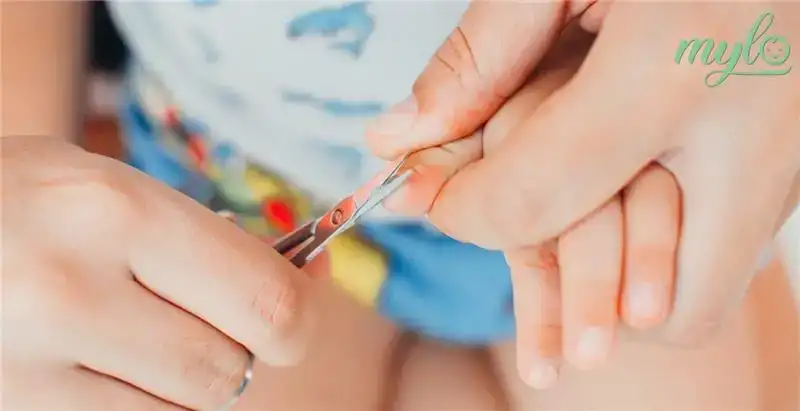
Caring for your Newborn
Safely Trimming Your Baby's Nails: A Step-by-Step Guide
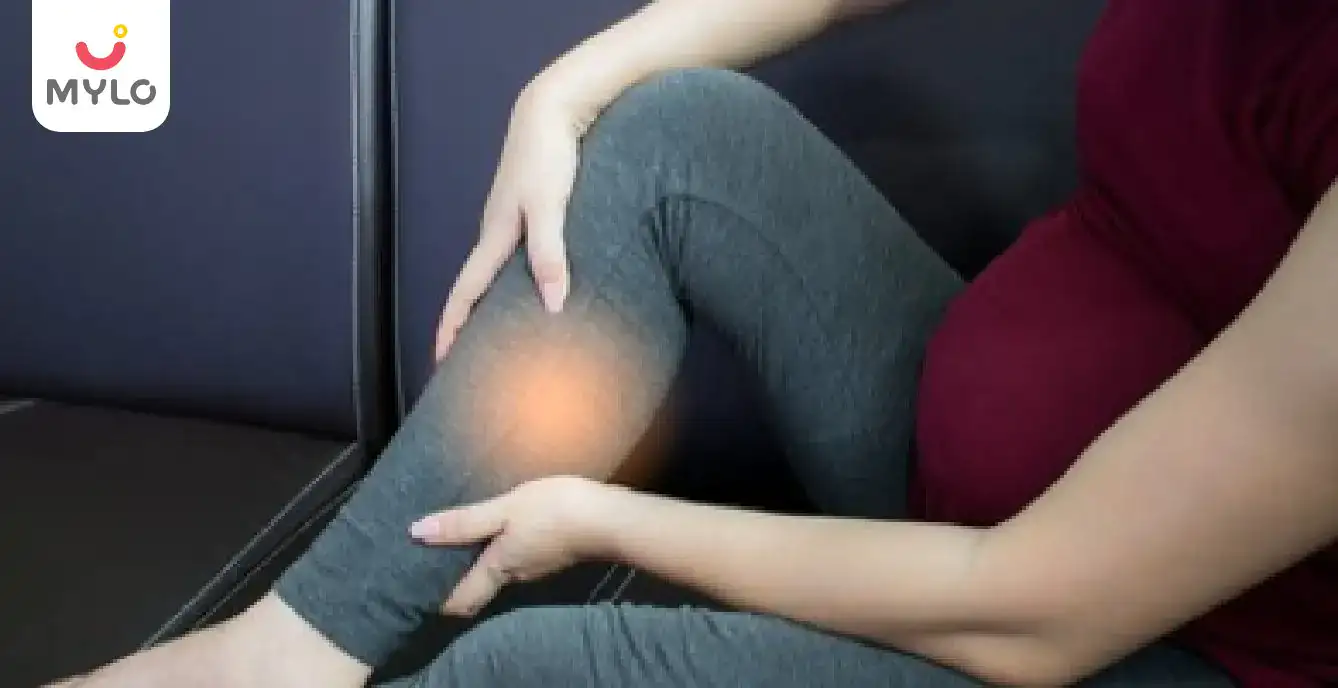
Leg Cramps
Leg Cramps During Pregnancy: Causes, Treatment And Home Remedies
Baby Care
When is the best time to give your child cow's milk and how to make the switch easier?
- How to Handle Giving Birth to a Baby Alone?
- Can You Get Pregnant During Your Period?
- When to Make an Emergency Doctor Visit During Pregnancy?
- How to Help Your Toddler Overcome their Shyness?
- Piercing Your Baby's Ears: Risks & Precautions
- Which Food items to Include & Avoid During Third Trimester of Pregnancy for optimum nutrition?
- Breech Baby: Causes, Risks, Flipping & Delivery
- Everything You Need to Know About the Different Stages of Labour
- What are the Symptoms of Vitamin D Deficiency in Children?
- Top 5 Effective Ways to Prevent Diabetes in Children
- Why and When Is the Tetanus Toxoid (TT) Vaccine Given During Pregnancy?
- How to Guide Your Child to Make Healthy Food Choices and Get the Required Nutrition?
- How Can You Manage Asthma During Pregnancy?
- Water Breaking Early: Signs, Causes & Next Steps


AWARDS AND RECOGNITION

Mylo wins Forbes D2C Disruptor award

Mylo wins The Economic Times Promising Brands 2022
AS SEEN IN

- Mylo Care: Effective and science-backed personal care and wellness solutions for a joyful you.
- Mylo Baby: Science-backed, gentle and effective personal care & hygiene range for your little one.
- Mylo Community: Trusted and empathetic community of 10mn+ parents and experts.
Product Categories
baby carrier | baby soap | baby wipes | stretch marks cream | baby cream | baby shampoo | baby massage oil | baby hair oil | stretch marks oil | baby body wash | baby powder | baby lotion | diaper rash cream | newborn diapers | teether | baby kajal | baby diapers | cloth diapers |



